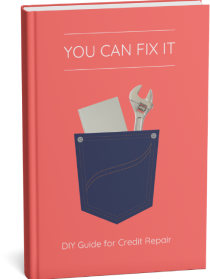Introduction
Your credit score is one of the most important numbers in your financial life. It reflects how responsibly you manage borrowed money and influences whether lenders will approve your loans or credit cards. Yet, many myths about credit scores persist in India — and believing them can hurt your financial health. Let’s debunk the most common ones.
Myth 1: Checking your own credit score lowers it
Fact: This is one of the biggest misconceptions. When you check your credit score yourself, it’s considered a soft inquiry, which has no impact on your score. Only hard inquiries — when a lender checks your score during a loan or credit card application — can slightly affect it. Regularly checking your score actually helps you track progress and spot errors early
Myth 2: Having no loans or credit cards means a good credit score
Fact: Many believe that avoiding credit automatically results in a high score. In reality, if you’ve never used credit, there’s no repayment history to evaluate — which means you may not have a credit score at all. To build a strong score, you need some form of active credit, such as a small loan or a low-limit credit card used responsibly.
Myth 3: One missed payment doesn’t make a difference
Fact: Even a single missed or late payment can significantly lower your credit score and stay on your record for years. Consistency is key — always pay EMIs and credit card bills on time to maintain a healthy score.
Myth 4: Closing old credit cards improves your score
Fact: Many people close old cards thinking it will boost their score. However, doing so can actually harm it by reducing your credit history length and available credit limit. Keeping older accounts open (with minimal usage) helps demonstrate long-term financial responsibility.
Final Thoughts
Understanding how credit scores truly work can save you from costly mistakes. Monitor your score regularly, use credit wisely, and maintain good repayment habits. Over time, these small steps can help you achieve and maintain an excellent credit score — opening doors to better financial opportunities.






